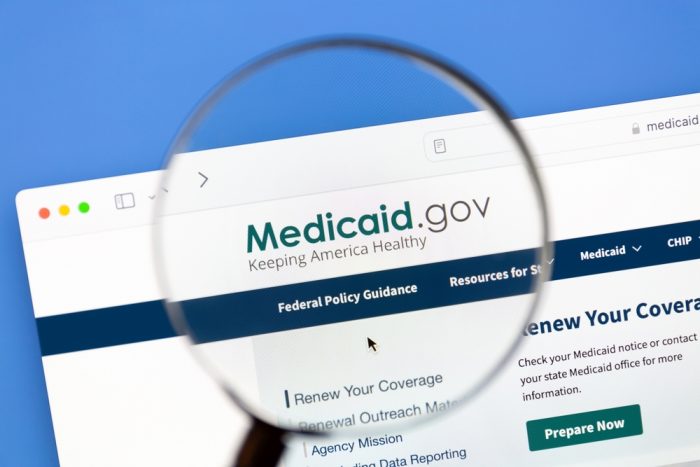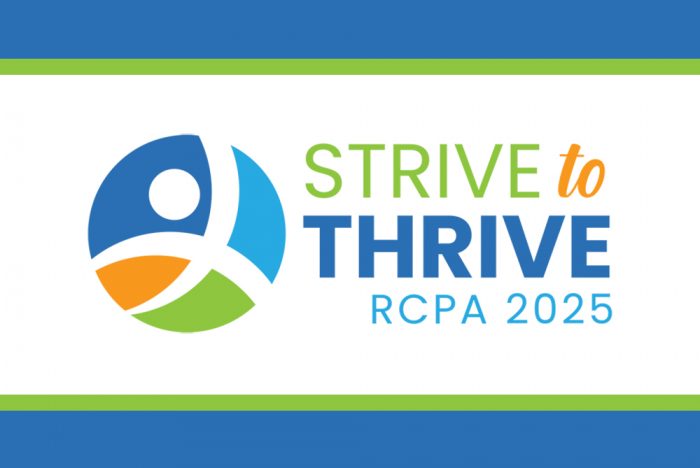Tips for Hiring & How to Write a Winning Job Post
Free webinar for RCPA members
Wednesday, June 18, 2025
10:00 am – 11:00 am
Register Here
This presentation explores effective strategies for hiring and crafting compelling job postings in order to attract top talent. Participants will learn how to identify key monetary and non-monetary benefits of working at an agency, such as health benefits, professional development, and overtime/holiday pay, which enhance employee satisfaction and retention. Additionally, the session will cover best practices for evaluating job posting platforms and recruitment methods to effectively connect with potential applicants. Through interactive discussions, attendees will leave with actionable insights and tools to improve their hiring processes and create job postings that resonate with candidates, ultimately fostering a stronger workforce. Join us to elevate your recruitment strategy and build a thriving organizational culture.
Presenter: Olivia Rodgers, Customer Success Manager and Hiring Specialist, MITC
Olivia has a strong track record of helping agencies streamline and strengthen their hiring processes. Through tailored trainings, hands-on support, and data-informed strategies, she empowers teams to attract, assess, and retain top talent more effectively.
Objectives: Following this course, the learner will:
- Analyze and summarize three monetary benefits and three non-monetary benefits of working at their agency, and how to include the information in their job postings;
- Assess job posting strategies by evaluating the effectiveness of job posting platforms and recruitment methods and discussing how the approaches connect with potential applicants and influence the quality of candidate pools; and
- Craft effective job posts that will engage applicants and highlight key benefits of agency employment.
Certificates of attendance are available to RCPA members who attend this webinar; anyone interested in a certificate should contact Cathy Barrick. To apply for CEs, you will need to register for the RCPA Annual Conference Strive to Thrive and indicate you attended the webinar in your CE packet, which will be made available on the mobile app.
Contact Carol Ferenz, Conference Coordinator, for details, or visit the RCPA Conference website for information on workshops, sponsors, exhibitors, and more!


















